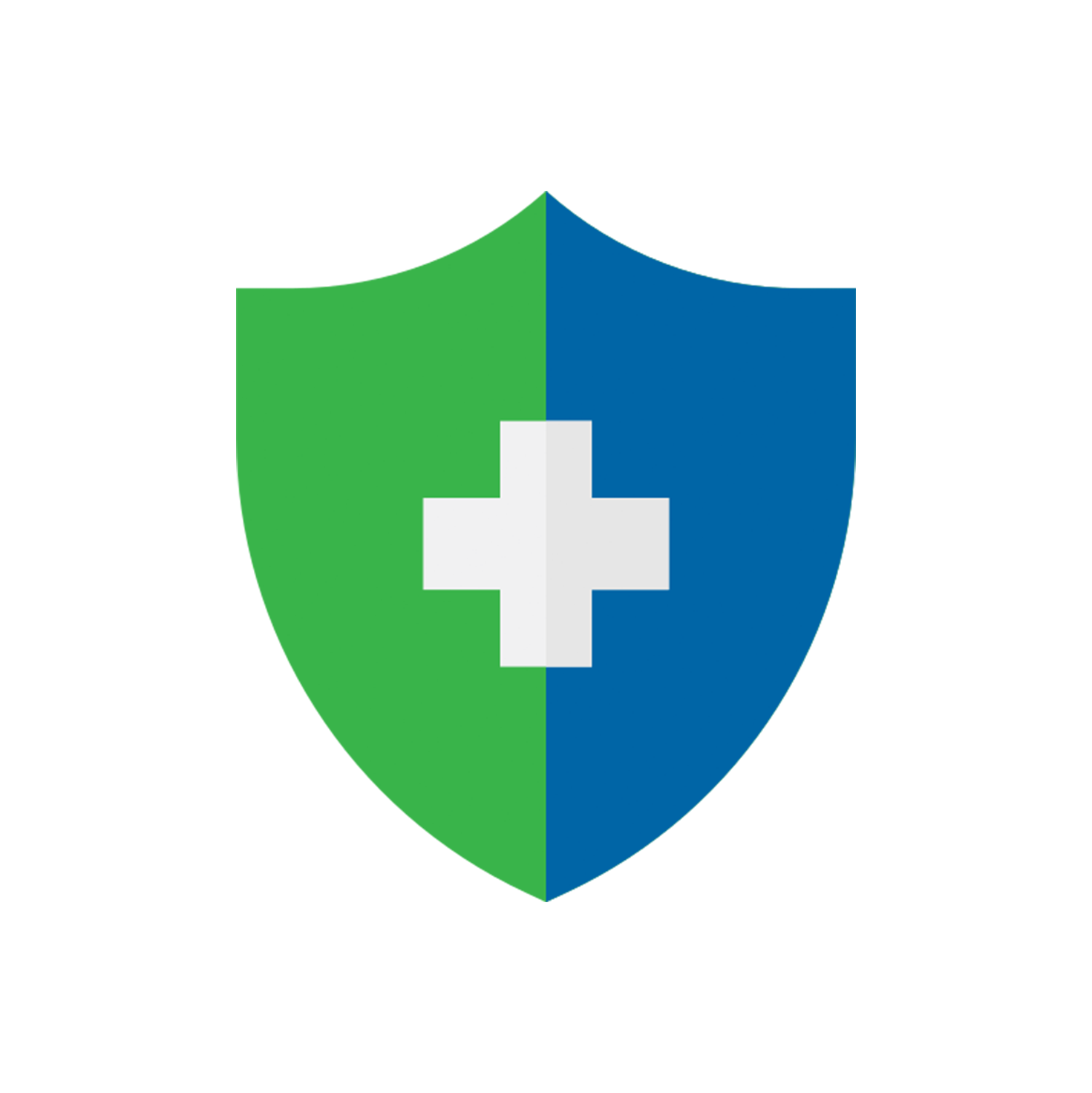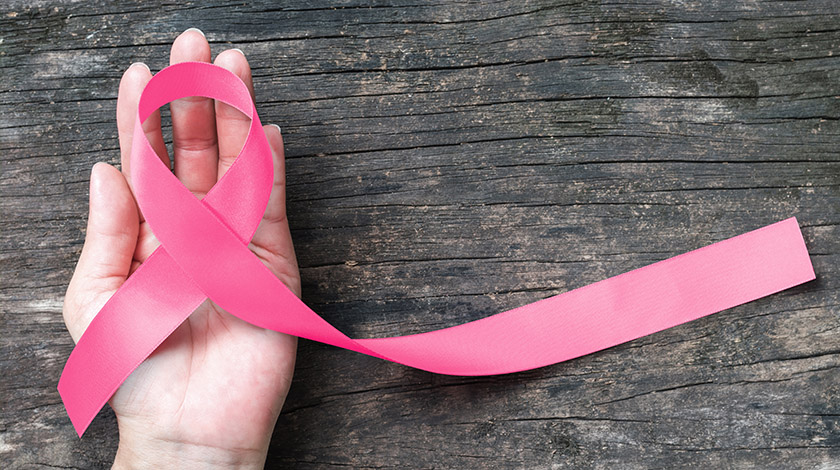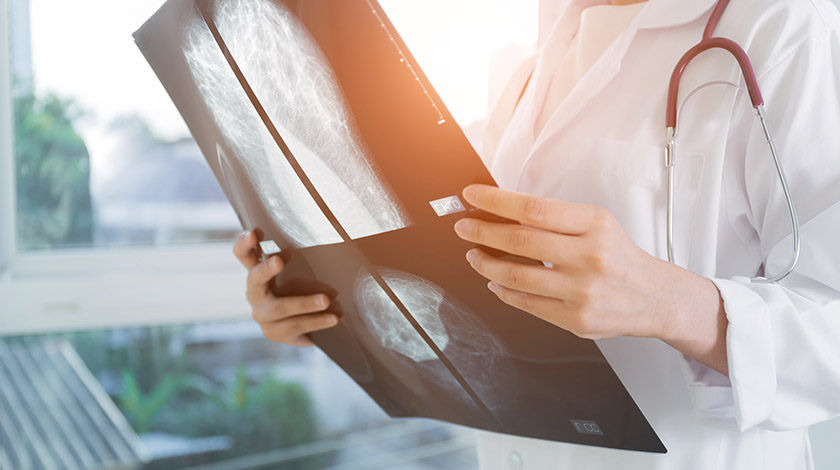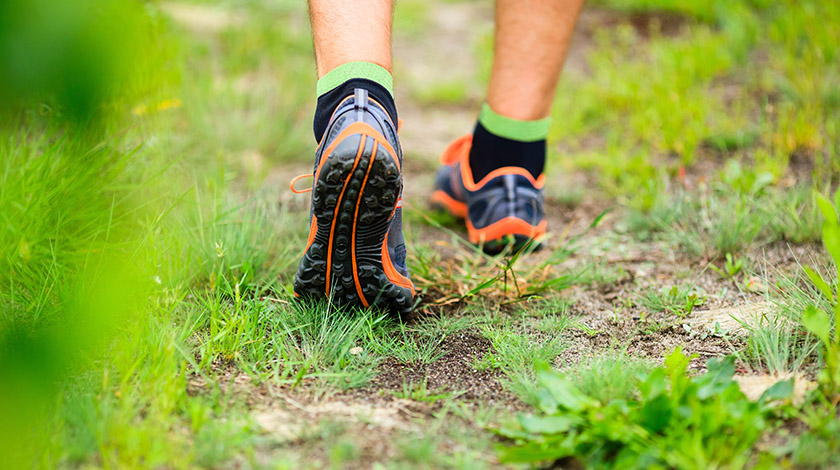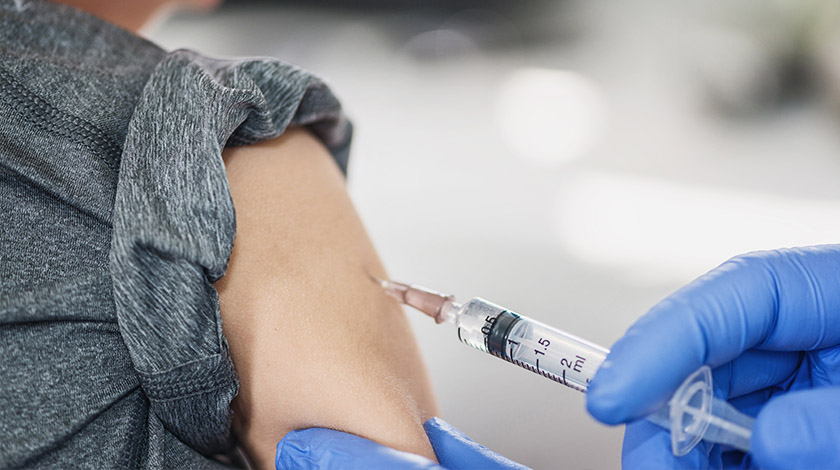There is probably no disease which is as dreaded as cancer. It's a common misconception that cancer is an unstoppable disease that trots inexorably onwards and a virtual death sentence. In fact, while there is no surefire cure for cancer or foolproof way to prevent this disease, it is possible to take certain precautions that will certainly reduce (albeit not eliminate) your risk of developing this disease.
Here are four steps you can take to safeguard yourself against cancer!
Get regular check-ups
The importance of regular health check-ups cannot be overstated. As you may know, cancer diagnoses typically classify cancer into one of four stages, stage 4 cancer being terminal. Doctors and researchers estimate that 1 in 3 cancer deaths could have been prevented had the cancer been detected early enough (before stage 2).
While all health check-ups should include a tumor marker test, there are other ways to detect cancer.
- Men should make regular appointments for prostate exams.
- Mammograms should be done at least once a year for women (especially those aged 30 and over).
- Colonoscopies are also a must – especially for the elderly, who are most susceptible to this illness. In September 2016, the Government of Hong Kong launched a colorectal cancer test for elderly patients, that will be provided absolutely free of charge in partnership with primary care health professionals!
Adopt a healthier lifestyle
Research has consistently strengthened links between lifestyle and cancer risk. If you smoke, drink heavily, regularly consume food high in preservatives and saturated fat or lead a sedentary lifestyle, you may be at a higher risk of cancer!
Here are four lifestyle tips that may help reduce your cancer risk:
- Exercise more. Just three 20-30 minute sessions of moderate aerobic activity per week can do wonders – and you'll look and feel better too!
- Quit smoking. Using any type of tobacco increases your likelihood of developing cancerous cells – and not just in the lungs! While smoking is traditionally linked to lung cancer, tobacco consumption in any form has also been linked to cancer of the bladder, cervix, kidney, oral cavity and pancreas. As if that weren’t terrifying enough, all of the above applies to passive smoking as well. So if you have friends or family members who smoke, convince them to quit for both their sake and yours. And if you smoke, consult a doctor and formulate a tobacco cessation strategy. Remember that your loved ones are at risk – your health isn’t the only thing at stake.
- Drink in moderation. You may have read that red wine is rich in antioxidants and also good for heart health, but remember that the relevant studies only recommend drinking red wine in moderation. Downing three bottles of red wine a day is definitely not going to do your health any good.
- Consume more blueberries! Blueberries are superfoods that are rich in antioxidants, anti-inflammatory compounds and other phytochemicals, which offer effective protection against many types of cancer.
Get vaccinated.
While there is no vaccine for cancer (yet – researchers are working hard on it), there are vaccines for certain diseases which have been linked to higher cancer risk. Two prominent examples are hepatitis B and humanopapillovirus (HPV) which have been linked to liver and cervical cancer respectively. The Hong Kong Polytechnic University offers both vaccines, so head down the next chance you get. It could save your life!
Cigna HealthFirst Elite 360 Medical Plan offers comprehensive and personalized medical coverage across the stage prevention, diagnosis, treatment and recovery, with a range of hospital and surgical benefits, optional insurance benefits with an annual limit of up to HK$50 million, personalized health assessment, three critical illnesses(cancer, stroke and heart attack) all-rounded care and international medical concierge service. A 360-degree total health protection that spans across all the key stages of your health journey. Learn more here.
© Cigna Healthcare 2023
Information provided in this article is intended for health and fitness purposes only and is not intended for use in the diagnosis of disease or other conditions, or in the cure, mitigation, treatment or prevention of disease (see Terms & Conditions for details). Any health-related information found in this article is available only for your interest and should not be treated as medical advice. Users should seek any medical advice from a physician, especially before self-diagnosing any ailment or embarking on any new lifestyle or exercise regime. Any information contained in this article may not be suitable, accurate, complete or reliable. Cigna Healthcare accepts no responsibility for the content or accuracy of information contained on external websites or resources, or for the security and safety of using them. "Cigna Healthcare" and the "Tree of Life" logo are registered trademarks of Cigna Intellectual Property, Inc. in the United States and elsewhere, licensed for use. All products and services are provided by or through operating subsidiaries, and not by The Cigna Group.
